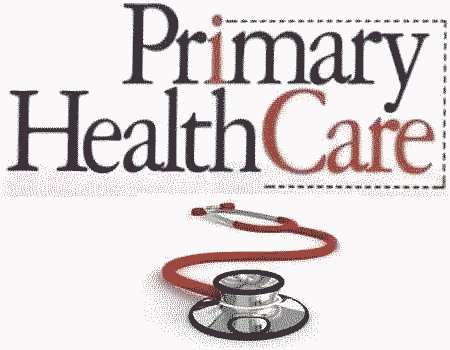PHARMADOC PRIMARY HEALTH
Pharmacists have through knowledge about medicines and their use and are in a better position to educate other health professionals about the rational use of medicines. Pharmacists help in achieving the goal of rational use of medicines. Pharmacists are involved in scientific procurement & distribution of medicines.
MobiDoc aim is to expand the pharmacist's beyond the traditional product-oriented functions of dispensing and distributing medicines and health supplies. The pharmacist's services of today include more patient-oriented, administrative and public health functions. There are many functions of public health that can benefit from pharmacists' unique expertise that may include pharmacotherapy, access to care, and prevention services.
Apart from dispensing medicine, pharmacists have proven to be an accessible resource for health and medication information. The pharmacist's centralized placement in the community and clinical expertise are invaluable. The reexamination and integration of public health practice into pharmacological training and pharmaceutical care is essential. The encouragement of cross-training will also maximize resources and aid in addressing the work force needs within the fields of pharmacy and public health.
Pharmacists in rural areas are another key area of concern and fill a void in both the pharmacy and public health arena. Given rural health often reflects an area of greater geographic need, the connection between rural and health disparities cannot be ignored.
The pharmacist's services of today include more patient-oriented, administrative and public health functions. There are many functions of public health that can benefit from pharmacists' unique expertise that may include pharmacotherapy, access to care, and prevention services.
Apart from dispensing medicine, pharmacists have proven to be an accessible resource for health and medication information. The pharmacist's centralized placement in the community and clinical expertise are invaluable. The reexamination and integration of public health practice into pharmacological training and pharmaceutical care is essential. The encouragement of cross-training will also maximize resources and aid in addressing the work force needs within the fields of pharmacy and public health.
Pharmacists in rural areas are another key area of concern and fill a void in both the pharmacy and public health arena. Given rural health often reflects an area of greater geographic need, the connection between rural and health disparities cannot be ignored.
 In many rural areas that have fewer available resources, the local pharmacist offers a much-needed source of clinical expertise. This is also true in impoverished urban areas. Pharmacists are particularly valuable assets in these disenfranchised sub-sectors of the community,
because the pharmacist acts as an easily accessible resource for health information and screening. Through consultation with local pharmacists, many community members may avoid costly emergency room visits for those common acute ailments or conditions that temporary OTC drugs could provide relief, particularly among those lacking insurance. Therefore, pharmacists can play a role
in addressing and eliminating health disparities.35,58 Pharmacists, like all health providers, should be engaged in activities which may lead to eliminating health disparities, through cultural competence training, collecting data on medication use in special populations and promoting diversity in the work force.
In many rural areas that have fewer available resources, the local pharmacist offers a much-needed source of clinical expertise. This is also true in impoverished urban areas. Pharmacists are particularly valuable assets in these disenfranchised sub-sectors of the community,
because the pharmacist acts as an easily accessible resource for health information and screening. Through consultation with local pharmacists, many community members may avoid costly emergency room visits for those common acute ailments or conditions that temporary OTC drugs could provide relief, particularly among those lacking insurance. Therefore, pharmacists can play a role
in addressing and eliminating health disparities.35,58 Pharmacists, like all health providers, should be engaged in activities which may lead to eliminating health disparities, through cultural competence training, collecting data on medication use in special populations and promoting diversity in the work force.